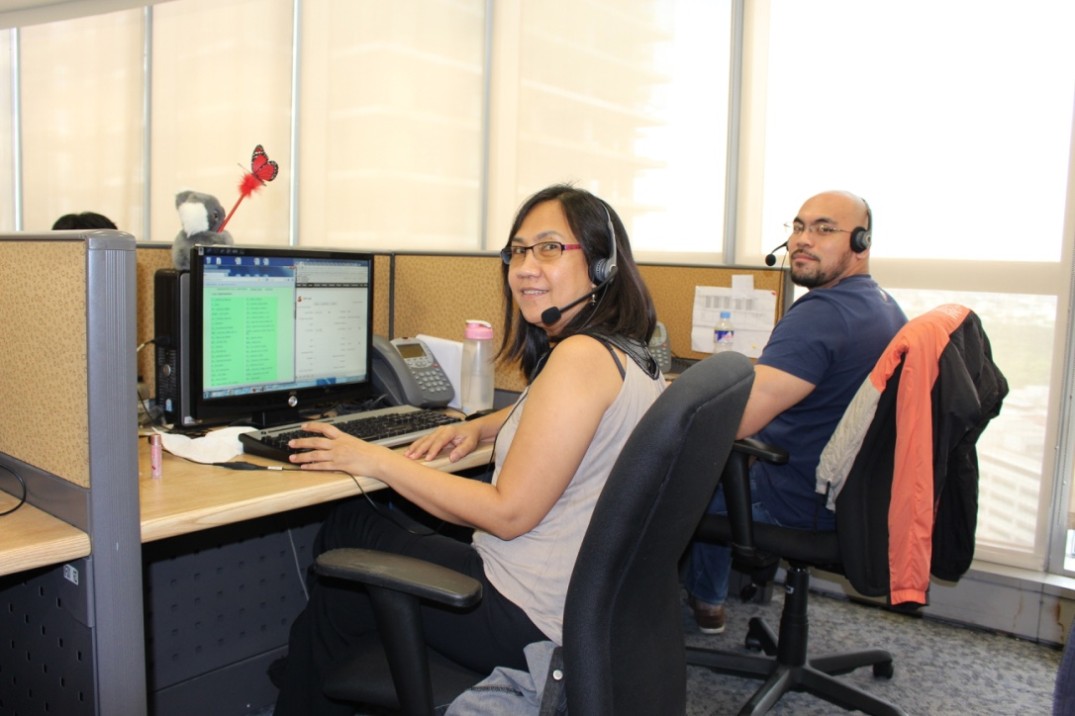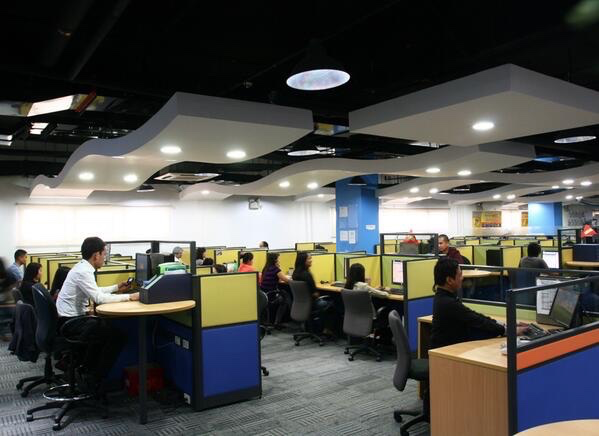
Tips to Help You Get Into Medical College
Medical colleges are extremely competitive. Nationally, they accept only 34% of applicants, based on information gathered via the Association of Australian Medical Colleges. Here’s ten top tips complied from physicians and pupils that will assist you in preparing.
1. Have some Medical Experience listed on Your Résumé
Find a job shadowing a physician as well as any additional kinds of medical professionals. The admissions committee doesn’t require an applicant to have any real medical background taking care of patients. Actually, they know you are not a physician as yet. However, they would like you to have spent a little time learning about your future career. Shadowing a job is a good method of getting a bit of medical experience, however, there’s other examples of how you can find out about your future career which you could pursue.
“Admission committees for medical colleges would like their pupils to have reasonable expectations for the way a medical career operates,” according to vascular surgery resident Dr. Sara Brent, who works at the Melbourne Hitchcock Medical Centre. She has been a member of those medical college admissions committees so knows how they work.

When she was a student, she filed x-rays at a hospital as a volunteer. After that, she worked that into getting a chance to speak with a radiologist. The radiologist taught her how an x-ray was read, as well as the reason he decided on his job. She says that this kind of interaction is vital for medical students to get. She stressed that being a doctor is not a job everyone can handle, and added that students should soul search and make sure they have an opportunity to shadow folks working in the field they desire. She went on to say that the majority of physicians would be happy to talk to a student who wants to pursue a medical career.
An additional method of acquiring experience in medicine is to become a Certified Nursing Assistant (CNA), or you could be a volunteer as an emergency medical technician (EMT), plus you could do some sort of medical data entry at a hospital or be a scribe at a hospital. A few applicants got experience via assisting in the care of a family member who was sick.
2. Pick a Major You’re Good At
Grades may not be everything, however, they are quite crucial. You need to pick a study area in which you can earn a Grade Point Average (GPA) of at least 6.2 for medical doctors (MDs), or at least a 6.0 if you want to be a dentist. Whilst a lot of pupils who want a medical career end up majoring in biology, Brent’s major is in chemistry. She said that a lot of her fellow doctors have majors in other more unusual areas such as English, music, classics and engineering.
It’s important to note here that the subject of your first major is actually irrelevant to the admissions committee, they’re only interested in your GPA so Brent stresses that the most important thing is to choose a subject which you feel you can excel in rather than a discipline which you think will be relevant to medicine.
3. Prepare For The Gamsat
In addition to a good GPA you’ll also need a good score in the Gamsat – the Graduate Medical School Admissions Test which is run by the national testing company the Australian Council for Education Research. This test is a computer based test held twice a year at various testing centres all around the country.

It may surprise students to learn that this test not only tests science knowledge as you would expect for an admissions test to a science based career such as medicine but in fact is composed of three different sections. Section one tests reading comprehension skills, section two is testing your written communication skills in the form of two essays which must be written in sixty minutes and finally, section three is the science paper.
As part of your preparation in addition to familiarising yourself with the format of the test you should do a Gamsat practice test regularly under timed conditions to check your progress and identify your weak areas for further improvement.
4. Do Some Study Projects

Show you’ve got hands-on experience in science. Brent says, “Experience in undergraduate study projects looks great on your medical college application. The medical colleges want to attract pupils with an interest in doing research.” She added. In her case she worked at a lab at the University of Melbourne doing pipetting and running assays as her own experience in research studies prior to going to medical college. She explained that she was required to explain that research at her school interview and tell them all about how the study influenced inositol phosphate metabolism.”
5. Prepare For The Interview
Finally if you are lucky enough to pass all the hurdles mentioned above and are selected to attend for an interview at your chosen medical schools you’ll need to prepare well. Even at this late stage the medical schools usually interview between three of four candidates for each available place. So your chances of success are still only around 25%.
Most medical schools are now using one of two possible interview formats. The first is the traditional interview panel format. Here you’ll be facing at least three or four current senior doctors (although at some institutions a current medical student may also be included on the panel). They will then proceed to grill you about your academic achievements, motivation to study medicine, extra-curricular activities and so on.
The second format is known as MMI which stands for multiple mini interview format. In this model candidates rotate around “stations” where they are presented with a variety of ethical, social or conflict resolution scenarios and they are required to explain to the interviewer what they would do in each situation. These scenarios may also include an actor playing the role of one of the other parties involved in the scenario.
Whichever type of interview is used at your chosen med school the key for both is to know beforehand which one to prepare for and adopt the appropriate strategies.









